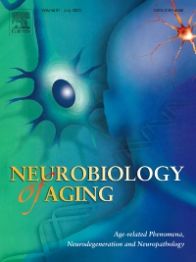Neurobiology of Aging
Benefits to authors
We also provide many author benefits, such as free PDFs, a liberal copyright policy, special discounts on Elsevier publications and much more. Please click here for more information on our author services.
Please see our Guide for Authors for information on article submission. If you require any further information or help, please visit our support pages: https://service.elsevier.com
Authors are also welcome to submit their manuscripts to the journal?s open access companion title, Aging Brain.
Benefits to authors
We also provide many author benefits, such as free PDFs, a liberal copyright policy, special discounts on Elsevier publications and much more. Please click here for more information on our author services.
Please see our Guide for Authors for information on article submission. If you require any further information or help, please visit our support pages: https://service.elsevier.com
Authors are also welcome to submit their manuscripts to the journal?s open access companion title,
| ISSN NUMBER | 0197-4580 |
|---|---|
| Format | Journal |
| Publisher | ELSEVIER |
| Volume Number | Volumes 97-108 |
| Frequency | 1 issue |
Neurobiology of Aging
Most downloaded articles
Advertisers Media Kit
open-access-options.gif
Personal subscription
ARGI
Institutional subscription
Related Products
-
20% OFF
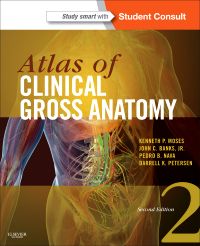 Book
Book
-
20% OFF
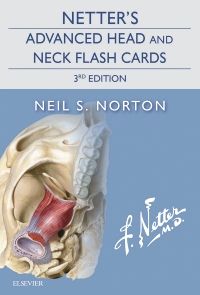 Flash Cards
Flash Cards
-
20% OFF
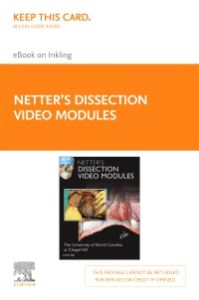 Online Resource
Netter's Dissection Video Modules (Retail Access Card)
Online Resource
Netter's Dissection Video Modules (Retail Access Card)University of North Carolina Chapel Hill and Frank H. Netter
Oct 2015
Special Price $144.79 $180.99 -
20% OFF
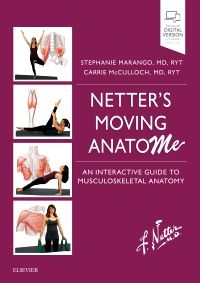 Book
Book
-
20% OFF
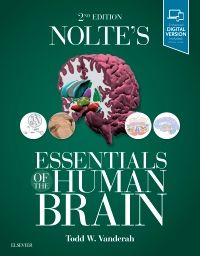 Book
Book
-
20% OFF
 Book
Nolte's The Human Brain in Photographs and Diagrams
Book
Nolte's The Human Brain in Photographs and DiagramsTodd W. Vanderah
Jan 2019
Special Price $51.19 $63.99 -
20% OFF
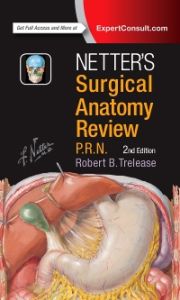 Book
Book
-
20% OFF
 Flash Cards
Flash Cards
-
20% OFF
 Flash Cards
Flash Cards
-
20% OFF
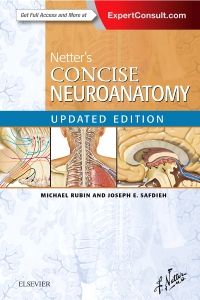 Book
Book


